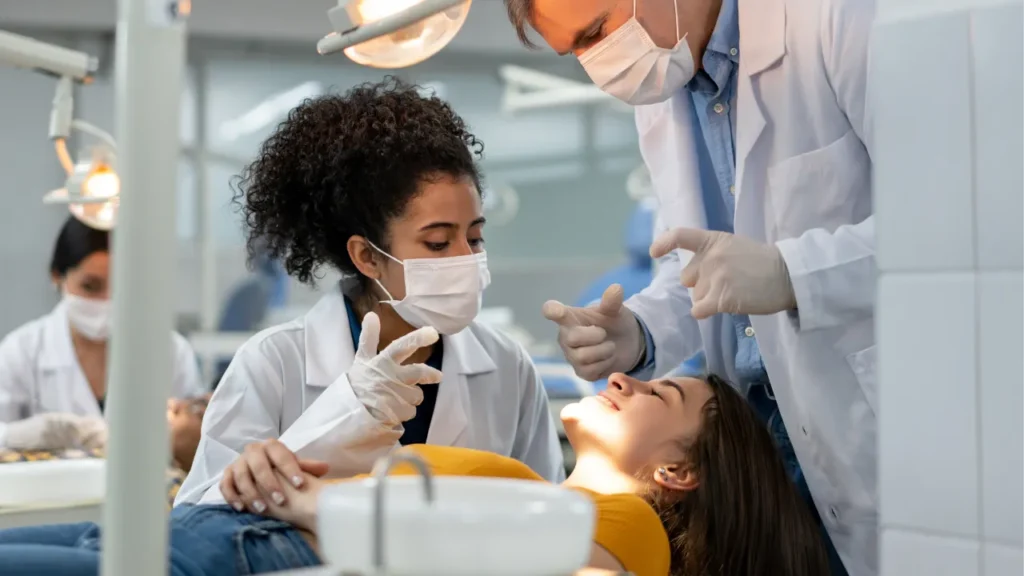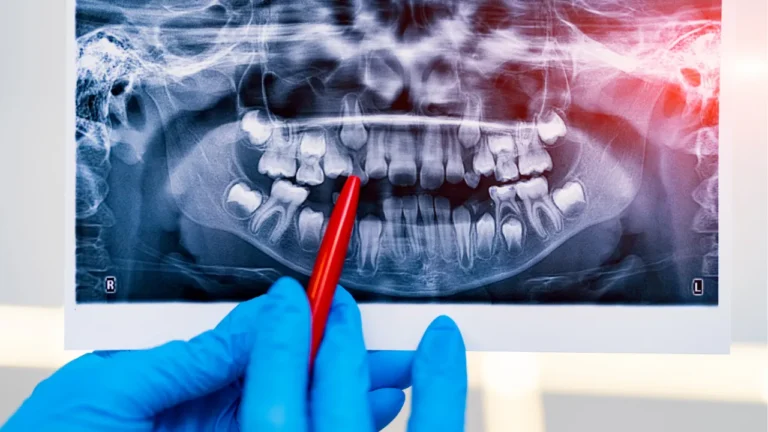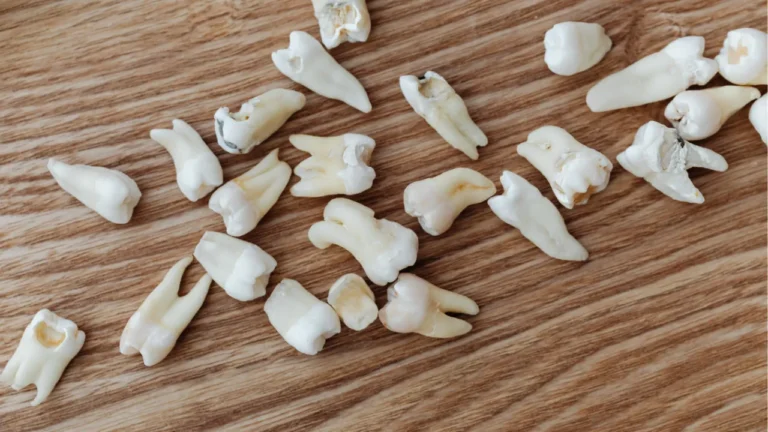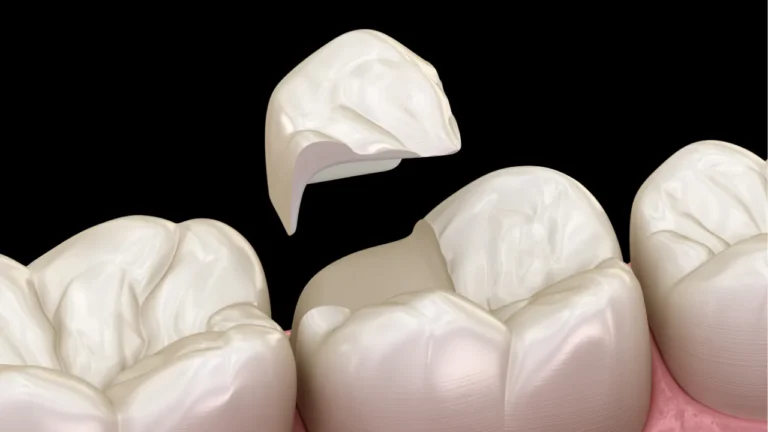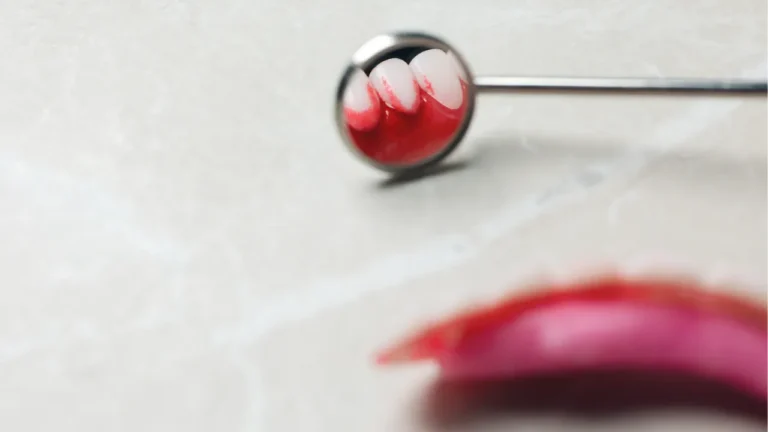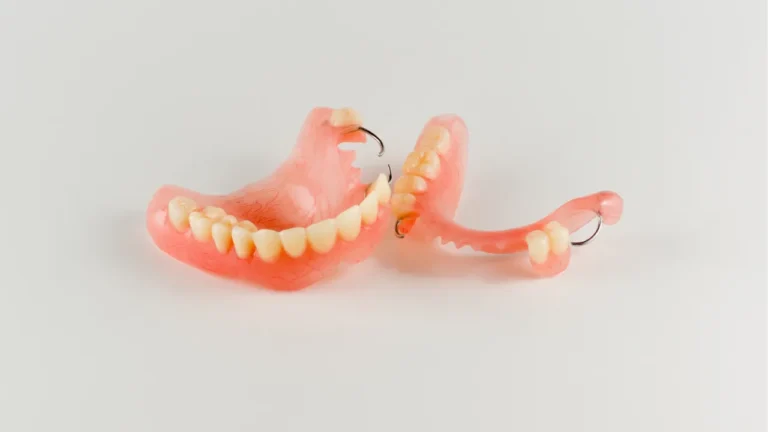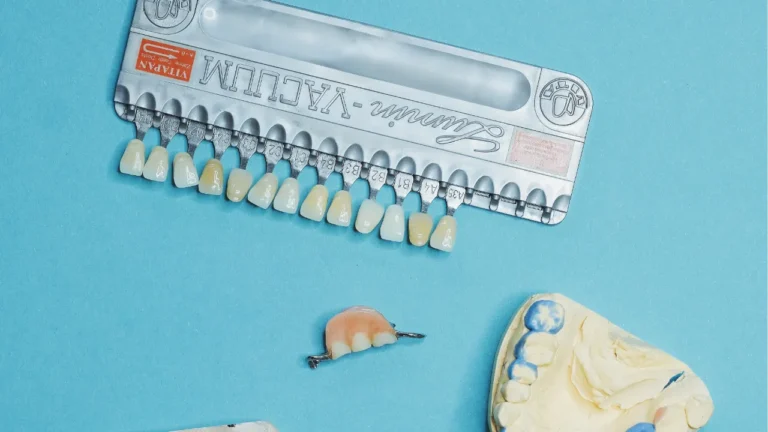Sleep apnea is more than just a restless night’s sleep; it’s a serious sleep disorder that disrupts your breathing throughout the night.
You might be surprised to learn that dentists play a crucial role in diagnosing, treating, and managing sleep apnea.
This blog post explores how dentistry can significantly improve your sleep health.
Quick Summary
- What is sleep apnea? A disorder where breathing repeatedly stops and starts during sleep.
- Types: Obstructive, Central, and Complex Sleep Apnea.
- Symptoms: Loud snoring, gasping, daytime sleepiness, headaches, irritability.
- Health risks if untreated: High blood pressure, heart disease, stroke, diabetes, depression.
- Dentist’s role: Identifying risk factors, recommending sleep studies, and providing oral appliance therapy.
- Treatment options: Oral appliances, CPAP, surgery, or combination therapy.
- Lifestyle changes: Weight management, avoiding alcohol, side-sleeping, good sleep hygiene.
Understanding Sleep Apnea
Sleep apnea is a condition where your breathing repeatedly stops and starts during sleep. There are three main types:
- Obstructive Sleep Apnea (OSA): The most common type, caused by a blockage in the airway due to relaxed throat muscles.
- Central Sleep Apnea: Occurs when the brain fails to send proper signals to the muscles that control breathing.
- Complex Sleep Apnea Syndrome: A combination of both obstructive and central sleep apnea.
Symptoms and Health Risks
Common symptoms of sleep apnea include:
- Loud snoring
- Episodes of stopped breathing during sleep, witnessed by a sleep partner
- Abrupt awakenings accompanied by gasping or choking
- Excessive daytime sleepiness
- Morning headaches
- Difficulty concentrating
- Irritability
Left untreated, sleep apnea can lead to severe health complications such as:
- High blood pressure (hypertension)
- Heart disease
- Stroke
- Type 2 diabetes
- Depression
Diagnosis of Sleep Apnea
Diagnosing sleep apnea typically involves a sleep study, which can be done in a sleep lab or at home using portable monitors.
During routine dental check-ups, dentists are trained to identify signs and symptoms that may indicate sleep apnea, such as:
- Enlarged tonsils or tongue
- Scalloped tongue from teeth grinding
- Retrognathia (small jaw)
If a dentist suspects sleep apnea, they will recommend further evaluation by a sleep physician.
Dental Treatments for Sleep Apnea
Oral appliances are a valuable tool in treating sleep apnea, particularly mild to moderate cases.
These custom-fitted devices work by gently repositioning your jaw and tongue to keep your airway open during sleep.
Two common types of oral appliances include:
- Mandibular Advancement Devices (MADs): These appliances hold your lower jaw slightly forward, increasing the space behind your tongue and preventing airway collapse.
- Tongue Retaining Devices: These devices support your tongue in a forward position to maintain an open airway.
Surgical Options
In severe cases, surgical procedures may be recommended by an ear, nose, and throat (ENT) specialist to address the underlying anatomical causes of airway obstruction. Examples include:
- Maxillomandibular Advancement (MMA): This surgery surgically moves the upper and lower jaw forward to enlarge the airway space.
- Uvulopalatopharyngoplasty (UPPP): This surgery removes excess tissue from the uvula, soft palate, and pharynx to open the airway.
Combination Therapies
Some patients benefit from a combination of treatments for optimal results. CPAP (Continuous Positive Airway Pressure) therapy is often considered the gold standard for treating sleep apnea.
It uses a mask to deliver constant air pressure that keeps your airway open. However, some patients find CPAP uncomfortable or challenging to use.
In such cases, oral appliances can be used as an alternative or in conjunction with CPAP for added benefit.
Preventative Measures and Lifestyle Changes
In addition to dental treatments, certain lifestyle changes can help manage sleep apnea symptoms:
- Maintaining a healthy weight: Losing excess weight can help reduce tissue bulk in the airway.
- Avoiding alcohol and sedatives before bed: These substances relax the muscles in your throat, worsening airway obstruction.
- Sleeping on your side: Sleeping on your back can worsen sleep apnea symptoms.
- Practicing good sleep hygiene: Establish a regular sleep schedule, create a relaxing bedtime routine, and ensure a comfortable sleep environment.
Your dentist can provide valuable advice and resources to help you implement these preventative measures and improve your sleep hygiene.

